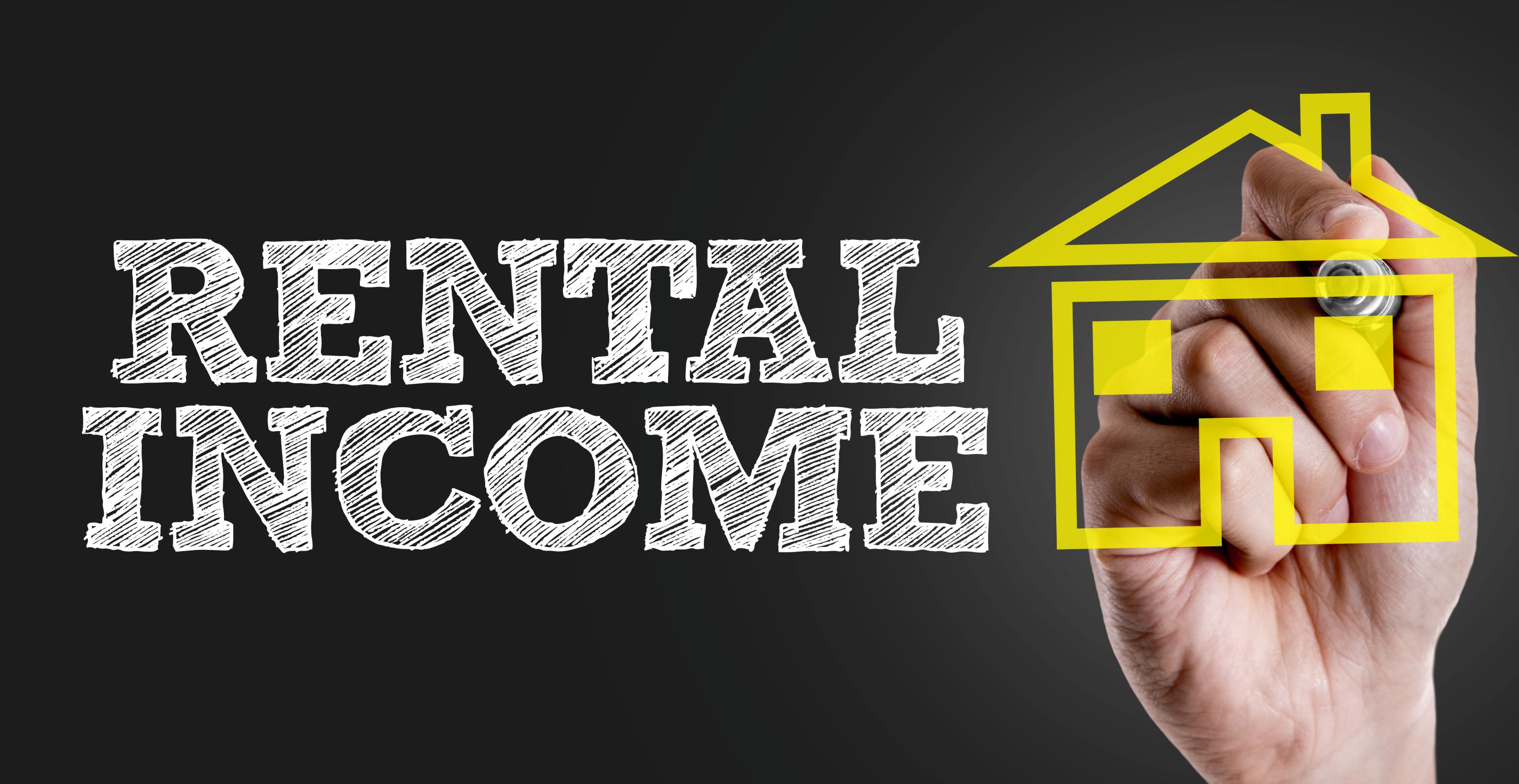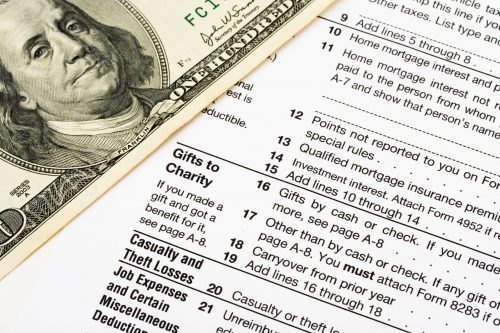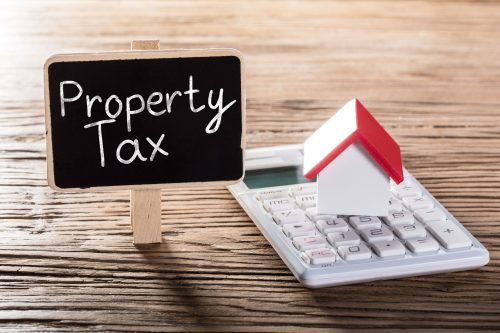You plan to purchase a second home down south to stay out of the snow and cold, or maybe one in the mountains to take advantage of these elements.
Or maybe you plan on never living there at all.
Regardless, if you’ve bought a property that you plan to rent for any length of time, the good news is that tax law is extremely friendly to investors in real estate – a reason why it’s become such a good investment.
The law allows rental property owners to lower their income tax burdens in several ways and, in some cases (even with solid cash flow), show little or no income, or even a loss for tax purposes.
How to Calculate Rental Income
For starters, the IRS defines any property rented to tenants for a minimum of 15 days as a rental property. This can be a single-family home, a condominium, apartment, mobile home, or similar dwelling.
Rental income typically consists of the following:
- Regular rent payments
- Advanced rent
- Parts of security deposits the owner keeps
- Outside expenses paid by the tenant that they are not obligated to pay (such as an electric bill they deduct from their monthly rent)
- Services received from the tenant instead of monetary payments (like mowing the lawn in exchange for a rent reduction)
Ordinary expenses that you can subtract from your income include:
- Cleaning
- Repair and maintenance costs
- Management and leasing fees
- Insurance costs
- Landscaping costs
- Rental and sales taxes
- Property taxes
- HOA fees
- Professional fees (such as services paid to an accountant or attorney)
Subtracting your expenses from the income gives you your net income, which the federal government will tax as ordinary income on your tax return. So, if you collect $20,000 in rent and have expenses of $10,000, your taxable income is $10,000.
Only, it doesn’t end there. You can then write off property depreciation expenses (land does not count for depreciation). The IRS allows you to depreciate your rental property over 27.5 years. So, if you paid $250,000 for the rental property and the land itself is worth $50,000, you can depreciate $200,000 divided by 27.5, or $7,272.73 annually. Subtract this number from your $10,000 taxable income, and you end up paying taxes on $2,727.27. At the 22 percent tax rate, that’s about $600.
Rules for Personal Use of Rental Property
What if you use a portion of the rental property for your personal use? Personal use of a rental property is where it becomes tricky.
Let’s look at the various situations from easiest to most complicated:
- If you rent the home out for 14 days or fewer during the year, you are not required to report rental income on your tax return. The IRS considers the home to be a personal residence and the rental income to be incidental.
- If your personal use is limited to 14 days or 10% of the time the home is rented, then the property is considered business rental property. Expenses can be deducted against rental income. If those expenses exceed your rental income, you may be able to deduct up to $25,000 of expenses over and above the rental income (subject to income phaseouts).
- If you rent the home for more than 14 days and your personal use is more than the greater of 14 days or 10% of the number of days rented, then the home is considered a personal residence. You will need to report the rental income on your tax return but can deduct rental expenses up to the amount of rental income. Losses in excess of rental income cannot be deducted.
Rental income is reported on your tax return using Form 1040, Schedule E, where you include your property’s (or properties’) revenue, expenses, and depreciation.
Understanding the deductibility of rental properties, even those used for personal and business purposes, can save you income taxes while allowing you to enjoy the use of the property.
If you need further clarification about how these rules impact your situation, contact an Access Wealth advisor.








